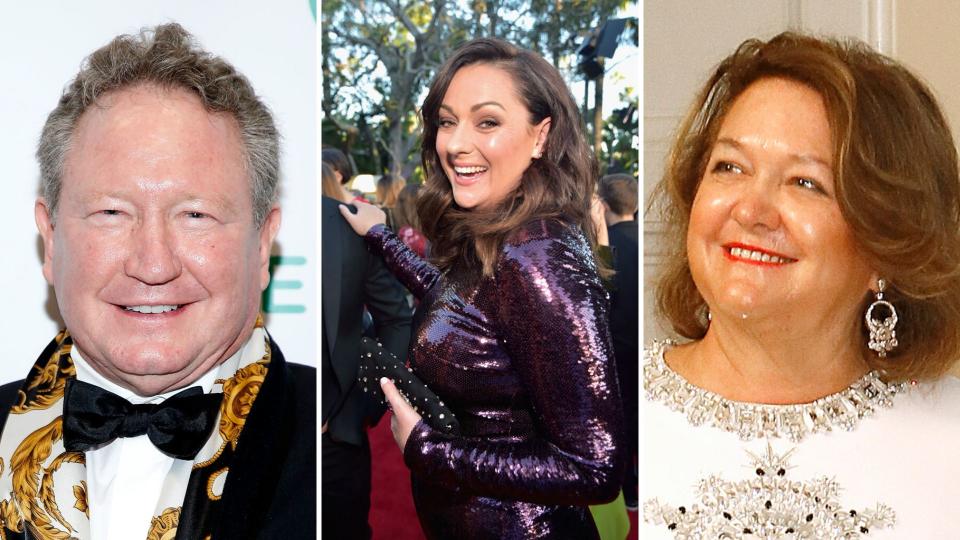Is it better for celebrities to donate publicly or privately?

When it comes to celebrity donations, the Kardashian-Jenner clan knows better than many how fraught the process can be.
Sisters Kim Kardashian West and Kylie Jenner were both embroiled in controversy over the amount they donated to the Australian bushfire crisis, and whether they should publicise it or not.
“Nothing gets me more heated than to see people think they know what we donated to and to think we have to publicise everything,” Kardashian West wrote on Twitter after a user questioned whether she had donated.
nothing gets me more heated than to see people think they know what we donated to and to think we have to publicize everything https://t.co/9qW1h2eZXe
— Kim Kardashian West (@KimKardashian) January 6, 2020
“Good deeds should be done with intention and not for attention. We are all blessed to be able to bless others even if it is in the slightest way. But we do not need to be boastful about that. Be boastful in regards to teaching others how they may be able to help as well,” sister Khloé Kardashian said.
The wealthiest Jenner, Kylie, also received criticism after posting about wearing mink slippers after expressing her sorrow for animals dying in the blazes. She later went on to donate US$1 million.
And it’s not just celebrities embroiled in donations controversy: Australian mining magnate Gina Rinehart was the target of comedian Celeste Barber’s questioning over whether she had donated.
Rinehart later responded, saying she prefers to donate privately.
The case for publicity: Celebrity power
According to publicist Max Markson, decisions from high-profile figures about whether to donate, and whether to publicise it, will be made on a case-by-case basis. But one huge advantage of celebrities donating publicly, is that they’ll bring others to their cause.
He referenced P!nk’s decision to donate US$500,000 to the bushfires given her close connection to Australia.
“P!nk wanted to express a love for the country and make it public,” Markson said.
Chris Hemsworth’s pledge to donate $1 million, and decision to go public, was also a clear example of celebrity power leading others to donate.
“If you were trying to ... raise more money, the first thing you think of is, ‘Let's get high profile people. Let's get celebrities to do it, to endorse it and help me coach people.'” Markson said.
Comedian Celeste Barber - while not a millionaire - successfully leveraged her celebrity status to pull on other celebrities to donate, leading to the largest fundraiser in Facebook’s history.
Many high-profile figures and corporations will also have allowances in their budgets to give money to charity, he added.
The case for anonymity: Personal backlash
According to philanthropist consultancy Bridgespan Group, decisions about whether to publicise or keep donations under wraps can be a minefield.
“If your cause or organisation is controversial, you may not want to associate your name with it,” Bridgespan says.
Rinehart and Andrew Forrest have both received criticism over their mining activity in relation to the bushfires.
Others may also claim that celebrities donating publicly do it solely for the PR boost.
The ultra-wealthy may also choose to donate anonymously to avoid lowering their public wealth profile, and to shield themselves against a tidal wave of additional pleas.
High-profile philanthropists also need to weigh up questions about whether the cause is better-served by attaching their name to it, or leaving it to enjoy the whole spotlight.
Then there’s the fact that many consider publicising charitable giving as crass, and that charitable giving should be about intention, rather than attention.
So maybe Khloé Kardashian has a point.
Make your money work with Yahoo Finance’s daily newsletter. Sign up here and stay on top of the latest money, property and tech news.

 Yahoo Finance
Yahoo Finance 
